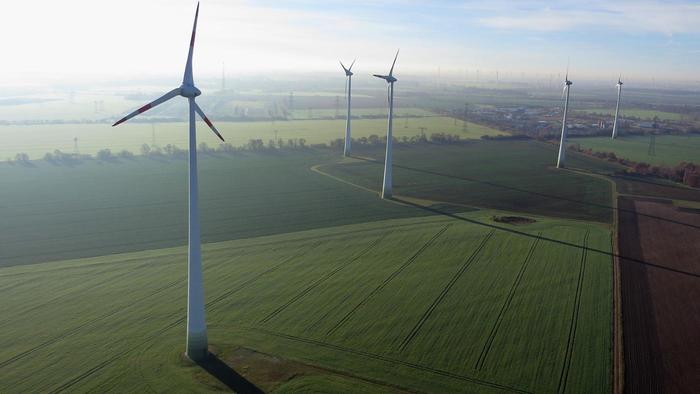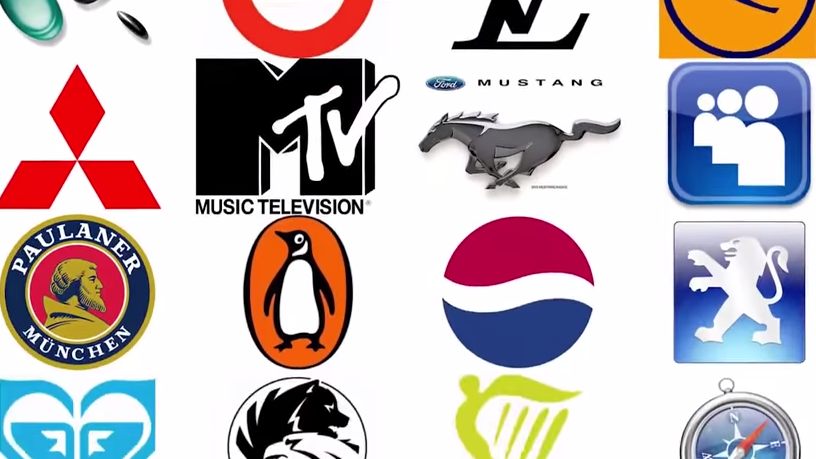Cleaning up their act: How businesses are going green
Companies have made huge changes to become more environmentally responsible, but is there more that can still be done?

Over the past 20 years, businesses have made huge strides towards becoming more environmentally friendly, by introducing policies that have radically reduced pollution and waste. In the early days, the decision to reduce carbon emissions, introduce recycling policies made sense for the planet, but now many analysts say that it makes business sense as well.
Making the change
In December 2015, almost 200 governments will meet in Paris to discuss how best to combat climate change, with the intention of putting measures in place from 2020 to try to reverse global increase in floods, droughts, heat waves and rising oceans that the planet has seen since 1950. But many businesses believe that they cannot wait for governments to act, and are setting about introducing their own policies right away.
At the recent Reuters’ Global Climate Change Summit, some of the world’s biggest businesses agreed that customer demand for less polluting products, curbs on carbon emissions and the gradual move towards cleaner energy are actually helping to create new business opportunities.
The Week
Escape your echo chamber. Get the facts behind the news, plus analysis from multiple perspectives.

Sign up for The Week's Free Newsletters
From our morning news briefing to a weekly Good News Newsletter, get the best of The Week delivered directly to your inbox.
From our morning news briefing to a weekly Good News Newsletter, get the best of The Week delivered directly to your inbox.
"We don’t have time to wait for the government to implement any kind of solution," said Josh Henretig, Director of Environmental Sustainability at Microsoft. "If we can be an example to organisations and public institutions around how a carbon price could create a more sustainable growth model for our company, then that’s ideal for us," he said.
Greener business
Environmentally-friendly attitudes are not new in business. In fact, some big businesses embraced low emissions and pollution reduction policies decades ago.
Today “leading-edge” companies including Toyota, Sainsbury's, WalMart, DuPont, Tesco, Unilever, Marks & Spencer and General Electric have “made tackling environmental wastes a key economic driver,” The Guardian says.
In 2000, DuPont, an early leader in sustainability, committed itself to a 65 per cent reduction in greenhouse gas emissions before 2010. By 2007, the company was saving itself $2.2bn a year in energy efficiency.
In the UK, Sainsbury’s has achieved a 50 per cent reduction in water usage, and Tesco announced that it intends to halve its store emissions by 2020.
The environmental message has imprint itself so profoundly upon the consciousness of big businesses that by 2010 a report by the [2]UN found that 93 per cent of the world's top chief executives believed sustainability was important not only for the environment, but also to their company's future success.
Dollars and sense
In spite of the changes, many companies are still dragging their feet when it comes to adopting greener attitudes. Some fear that becoming greener will cost money or require significant capital investments. However, “being environmentally friendly does not have to cost money. In fact going beyond compliance saves cost at the same time that it generates cash, provided that management adopts the new lean and green paradigm,” The Guardian says.
According to the British non-profit CDP, stocks of companies that take climate change seriously outperformed the wider market by almost 10 per cent over the last five years. Some of the companies recognised by the CDP for their work towards setting and meeting ambitious carbon goals include Apple, Bank of America, Merrill Lynch, BMW, CVS Health, Google, Northrop Grumman, Samsung, and Unilever.
However, a joint study by the WWF and CDP suggested that “far more needs to be done” by businesses to help avert the risks associated with climate change as global temperatures continue to rise. Still, the incentives for business have never been higher, they say, as the private sector could stand to realise cost-savings up to $190 billion in 2020 by investing in greener practices.
Business leaders
As businesses attending the Reuters summit suggested, companies do not just have to follow, but can lead on environmental policy.
Ole Hanson, who works with the UN's Global Compact Network, says that if businesses lead by example, their actions can later be codified into law. Hanson points to the example of companies that began voluntarily disclosing non-financial information such as water use and carbon emissions – an approach that was eventually tabled as EU policy. Without the initial voluntary action, Hanson says, the idea “would have met with more resistance, and it never would have been passed”.
Aron Cramer, the president and CEO of Business for Social Responsibility, told the Guardian that governments and businesses must work together to tackle climate change: “We need government to do what it does uniquely and best – set rules, and enforce them," Cramer said. "And we need business to capture the opportunity to deliver value in ways that improve people’s lives. To suggest that it’s one or the other, and reject one or the other, is like fighting a battle with one hand behind your back.”
For more advice on transforming your business, visit HP BusinessNow
A free daily email with the biggest news stories of the day – and the best features from TheWeek.com
-
 Bone broth: stock drinking ‘phenomenon’ has ‘skyrocketed’ online
Bone broth: stock drinking ‘phenomenon’ has ‘skyrocketed’ onlineThe Week Recommends The wellness trend could hold millennia-old secrets for skin and gut health
-
 6 sleek homes for minimalists
6 sleek homes for minimalistsFeature Featuring a Nordic-style condo in Montana and brand-new modern dwelling in Northern California
-
 Film reviews: ‘How to Make a Killing,’ ‘Pillion,’ and ‘Midwinter Break’
Film reviews: ‘How to Make a Killing,’ ‘Pillion,’ and ‘Midwinter Break’Feature A rich family’s outsider begins culling the herd, two men fall into a leather-heavy romance, and a quiet marriage hits a crossroads
-
 The executive style guide
The executive style guidefeature Want to stand out from the business crowd? Here's all the kit you need.
-
 Seven ways to reduce stress in your office
Seven ways to reduce stress in your officefeature You can’t completely remove it from your life, but there are some easy ways to relieve it…
-
 Hello Fresh: The transformation begins
Hello Fresh: The transformation beginsfeature New offices and a wealth of new IT from HP for Hello Fresh.
-
 Controversial Colour Branding Decisions
Controversial Colour Branding Decisionsfeature Scott King and Russell Jones from Condiment Junkie discuss how some brands have decided to swim against the tide with their colour choices.
-
 How do you design a computer?
How do you design a computer?feature Lead designer of HP, Chad Paris, explains how new computers are brought to life
-
 The story of print
The story of printfeature Printing has come a long way since its origins. Here we map out the story of print past, present and future
-
 Tribal Colours
Tribal Coloursfeature Colour has been used for centuries as a means to communicate where we belong, finds Stuart Andrews
-
 The Colour of Branding
The Colour of Brandingfeature James Morris explains why companies choose their corporate colour schemes, and what they mean.